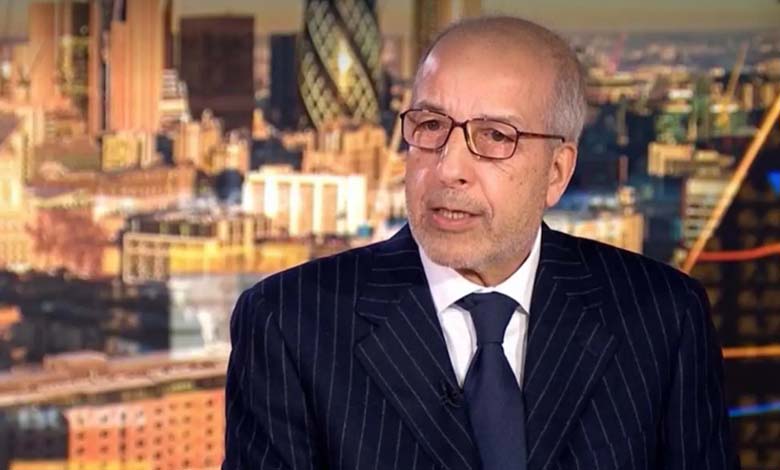Has Al-Siddiq Al-Kabir Abandoned the Muslim Brotherhood? New Alliances in Libya Raise Questions

The recent stance of the governor of the Libyan Central Bank, Al-Siddiq Al-Kabir, backed by the Muslim Brotherhood, has raised numerous questions regarding the alliances that have emerged on the Libyan scene in recent weeks. This prompted the Prime Minister appointed by the Libyan Parliament, Osama Hamad, to address a letter to Al-Siddiq Al-Kabir and his deputy, Muray Al-Baraasi, inviting them to execute the judicial order issued by the Ajdabiya court, appointing them judicial guardians of Libyan oil funds and revenues.
In his letter, published on the “Gateway to Africa” website, Hamad requested Al-Siddiq Al-Kabir and Al-Baraasi to expedite the implementation of the order and to commence their duties as a judicial oversight committee on the funds of the Libyan people, and to take all necessary urgent measures to protect them from financial and administrative fraud and corruption.
Observers, who spoke to the “London Arab” newspaper, believe that Hamad’s letter to Al-Siddiq Al-Kabir and his deputy reflects a significant shift in the map of relations between political parties and active institutions in the country, especially after Al-Siddiq Al-Kabir had requested – in a striking move – from the President of the Parliament, Aguila Saleh, to form a new government, and proposed to him on February 27th to amend the exchange rate of the Libyan dinar against foreign currencies and to impose a tax on foreign cash of 27%.
His call to amend the dinar exchange rate is due to the “difficulty in providing the market’s needs for foreign cash since September 2023, given the increase in public spending during 2023, the existence of parallel spending of unknown origin, and the lack of clarity on the amount of spending for 2024.”
The call from the Parliament’s government reflects the tension between the central bank governor and the national unity government in Tripoli, pushing him to seek to appease the eastern region while at the same time besieging the Prime Minister of Tripoli, Abdul Hamid Dbeibah.
Al-Siddiq Al-Kabir, loyal to the Muslim Brotherhood, has remained in office since his appointment by the Transitional Council at the end of 2011, under pressure from the group, which dominated the majority of the Libyan National Congress at the time, and worked to consolidate the movement’s presence by providing significant financial support, enabling it to strengthen its military position in western Libya.
Al-Siddiq Al-Kabir’s work has been marred by numerous violations, the most serious of which is the payment of fixed salaries to armed militias, dubious arms deals, military contracts with Turkey, and he has contributed to supporting its economy through bank deposits, in addition to expenses for Erdogan’s mercenaries, as well as infractions at the bank under his leadership.
Corruption has thrived at the Central Bank under Al-Siddiq Al-Kabir’s leadership through the smuggling of foreign currency via documentary credits, obtained by leaders of the Muslim Brotherhood or their supporters, as well as by leaders of armed militias.












